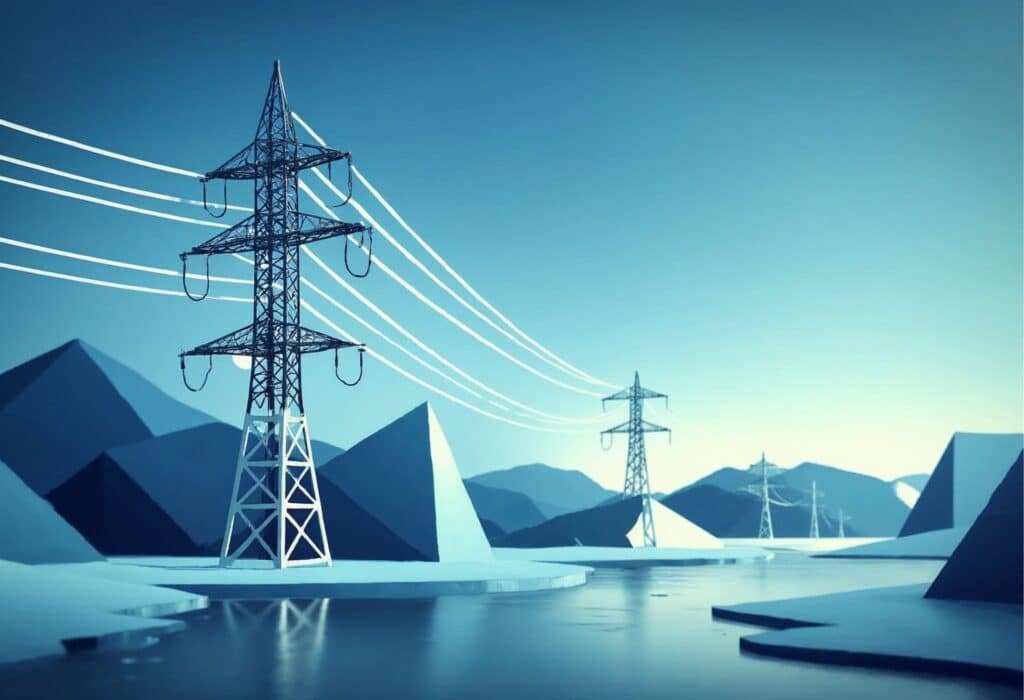WordPress is an open-source web development platform with immense customization capabilities. This is in stark contrast to closed-source platforms like Wix or Squarespace, which are quite limited when it comes to customization features. WordPress isn’t the only open-source web development platform – Drupal and Joomla are also widely used – but WordPress is by far the most popular.
One of the implications of using an open-source ecosystem like WordPress is that it requires ongoing technical maintenance. Here at Azuro Digital, we’re an award-winning WordPress development agency in Canada and we handle all of the routine WordPress maintenance so that our clients can focus on their business.
Here are 7 reasons why you need a WordPress maintenance plan:
1. Save time & avoid headache
Your website is like your car. Just like your car needs regular oil changes and tire replacements, your website needs regular software updates, quality assurance, bug repairs, security monitoring, backups, etc.
Although many web design agencies won’t force you into subscribing to their maintenance plan, that doesn’t mean that website maintenance is optional. If you don’t want your website to break down over and over again, website maintenance is mandatory.
You can either do it yourself or you can hire a professional to do it for you!
2. Keep your technology up to date
In the backend of your website, there are multiple different types of software – the WordPress core, theme, and several plugins. All of these items need to be manually updated at least once a month.
If you don’t update all of the software regularly, your website will eventually break down or get hacked.
After updating something, it’s important to test the website right away to make sure that the update didn’t break anything.
3. Fix errors immediately (and prevent them from happening in the first place)
For large or sensitive software updates, it’s best to start by testing the update on a staging server. This means that you’ll be testing the update in a “test environment” instead of your live website, allowing you to fix any errors in the test environment before pushing it to the live website. This way, nobody should ever see a broken version of your website.
Once the software updates have been made on the live website, it’s still important to double check everything to make sure that the design and all of the functionality is still intact. There’s still a possibility that the updates won’t work correctly on the live website. In that case, your website maintenance expert should be able to fix the issue very quickly.
Most importantly: If you don’t have a maintenance plan, keep in mind that the cost of repairing something after it breaks is significantly higher than the cost of having a monthly maintenance plan to prevent these issues from happening in the first place (not to mention the headache and the loss of potential customers while it’s broken).
4. Prevent hackers from attacking your site (and take immediate action in the case of a breach)
As the first layer of defence, your maintenance expert should install a high-quality security plugin. This will automatically filter out a lot of security issues.
However, security plugins aren’t perfect and security breaches can still happen. This is why it’s important for your maintenance expert to provide 24/7 security monitoring and take immediate action when needed. If you take immediate action, you’ll be able to block security threats before they inflict any real damage on your website.
If you don’t take immediate action, here are 5 things that could happen to your website:
- It could get deleted
- The layout and functionality could break
- It could get redirected to a different website (usually an inappropriate website)
- It could get injected with spammy ads
- Valuable or private information could get stolen from your website
5. Make sure that your site is always loading quickly and make speed optimizations when needed
When your maintenance expert does their monthly checkup, they should always check the loading speed. Sometimes, as the technology changes, they’ll need to change a few settings to bring the loading speed back to where it should be.
On top of that, since web technology is constantly improving, there will often be future opportunities to implement new settings, change plugins/code, etc, allowing your website to get faster and faster. If you don’t make these improvements over time, your website might eventually be considered “slow” compared to other websites that kept up with the technological advancements.
6. Store off-site backups for a rainy day
It’s important to have multiple sources of backups in case your website breaks down, gets hacked, etc.
Your server should always have a backlog of automated backups, but that’s not enough. If your entire server gets compromised, then you won’t be able to restore those backups anyway.
So, it’s vital to have a 2nd source of backups, also known as “off-site” backups. Your maintenance expert should be able to take regular off-site backups for additional safety.
7. Get access to ongoing edits, training & support
When you’re on a monthly maintenance plan, you should also have access to ongoing edits, training and support. In many cases, agencies give priority to their clients who are on maintenance plans. This means faster responses, quicker turnaround times, discounts on future work, etc.
If you’re not on a monthly maintenance plan, you might experience slower response times, longer turnaround times, and no discounts on future work.
Bonus tip: for optimal efficiency and effectiveness, have your website designed, developed, and hosted by the same company that’s maintaining it. This is because they’re already aware of all the specific nuances of your website, which might get overlooked by other agencies. It’s also easier and faster for the agency to make updates and troubleshoot any issues when the website is hosted on their own servers.
At Azuro Digital, we create award-winning websites that drive revenue. Get a proposal today!





